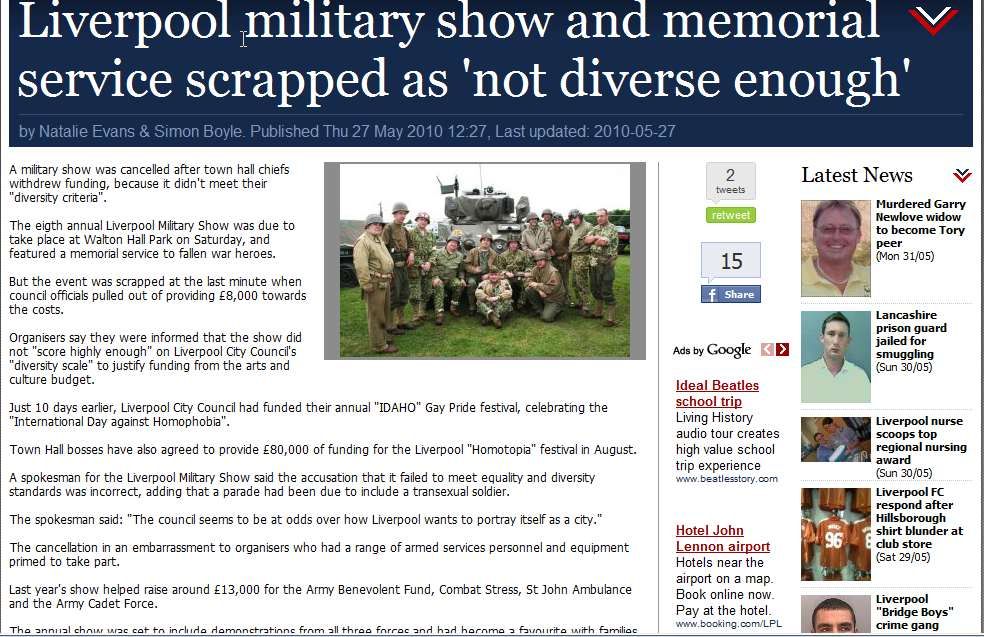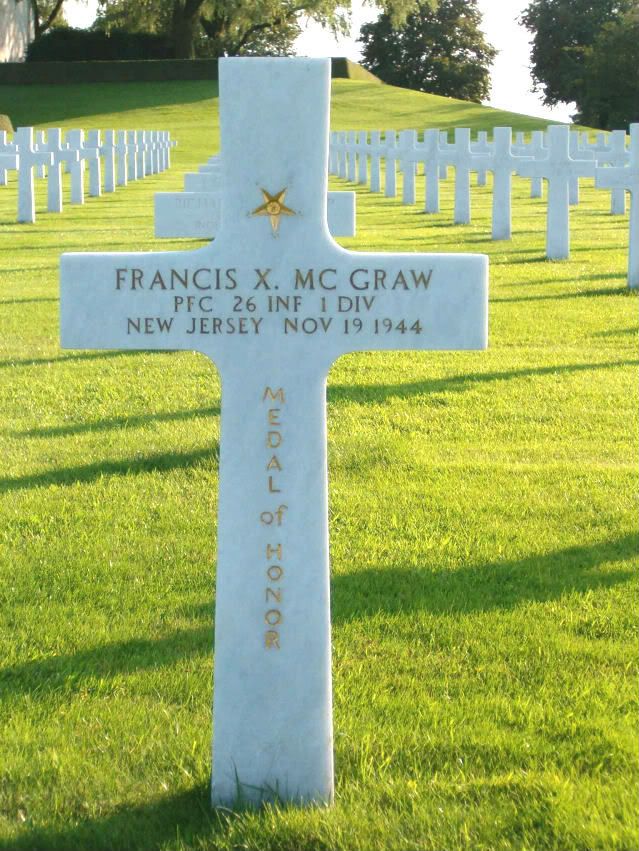I have never known someone to match the peculiar echoplex guitar accords by Clive Timperley. They still sound damn cool after almost thirty years.
Second, the theme from the movie "The Bridge at Remagen", directed by John Guillermin. I realize I'm a WWII buff, so I won't blame you if the name Remagen don't sound a bell. It's a small town on the western bank of the river Rhine and it boasted a bridge across that river, named after Erich Ludendorff. On March 7, 1945, troops from the 9th US Armored Division captured that bridge, effectively crossing Hitler's last natural barrier against the onstorming allies in the West. Elmer Bernstein composed the theme.
A pretty much okay theme imnsho. As for the movie itself, it's quite okay too. No masterpiece, but entertaining. What's annoying me somewhat though are the many factual errors. For one thing, the bridge was taken in early March, so trees should be leafless. Yet in the movie you'd get the impression it was almost high summer. Then there's the fact that the names of the historical key persons the actors represent are deliberately changed. For example, the US lieutenant whose platoon seizes the bridge is "Lt. Hartman" (played by George Segal). In reality, his name was Karl Timmermann, and he was the son of a WWI US trooper and a German fraulein, who followed Timmermann sr. back to the US of A - IIRC, to Frankfurt, Kentucky. Also IIRC, Lt. Timmermann died tragically of cancer during the Korean War.
Then there is the German major charged with the twofold task of a.) holding the bridge for as long as possible to allow a maximum of retreating German troops to cross the Rhine, and b.) of course blow it up at the last moment to prevent the Amis from getting into central Germany without getting their feet wet. In the film, that major is a certain Paul Krueger and he is played by Robert Vaughn, otherwise best known for his Napoleon Solo personage in the TV series The man from U.N.C.L.E. In reality, it was a major Scheller. To be sure, Scheller oversaw the blowing up of the bridge but because the wrong kind of explosives were used, his demolition squad only managed to slightly damage it.
There's an awful story to be told about the Remagen Bridge but this is Music Night after all, so I won't bother you anymore with wartime stories. Perhaps this one trivia thingy yet, though. German officials did not allow filming along the Rhine, so Guillermin shot the film along the Vltava in Czechoslovakia. It was 1968, and at some point the Ruskis invaded to crush the anti-communist revolt begun during the Prague Spring. It seems the whole set had to flee Czechoslovakia to Germany by... taxis!
You can find the trailer for the film here. Opening scene here. And if I'd have to recommend a book, it would be Rolf Palm's Die Bruecke von Remagen (1985). There must be an English translation; I myself have a Dutch one, and it is very, very good.
Stars from British band Dubstar. Singer's Sarah Blackwood. It's 1995.
Dubstar, still active, hail from Newcastle-Upon-Tyne, which has a lot more to offer than the Angel of the North. Not that that steel sculpture isn't worth seeing of course.
Then a short exerpt from Carl Orff's cantate Carmina Burana, dating from 1937. Carmina Burana is actually the title of a medieval manuscript containing no less than 254 poems and texts, found in the Bavarian abbey of Beuren (the latin title means litterally songs from Beuren). Carl Orff got the inspiration for the music piece he gave the same name, from a selected set of works in the manuscript. I wrote 'short exerpt'. What you hear is the actual hymn that precedes and conludes CB. This hymn is called O Fortuna.
Naturally, I chose a clip from the 1981 movie Excalibur, one of my all-time favourites.
Goedenacht.
MFBB.


